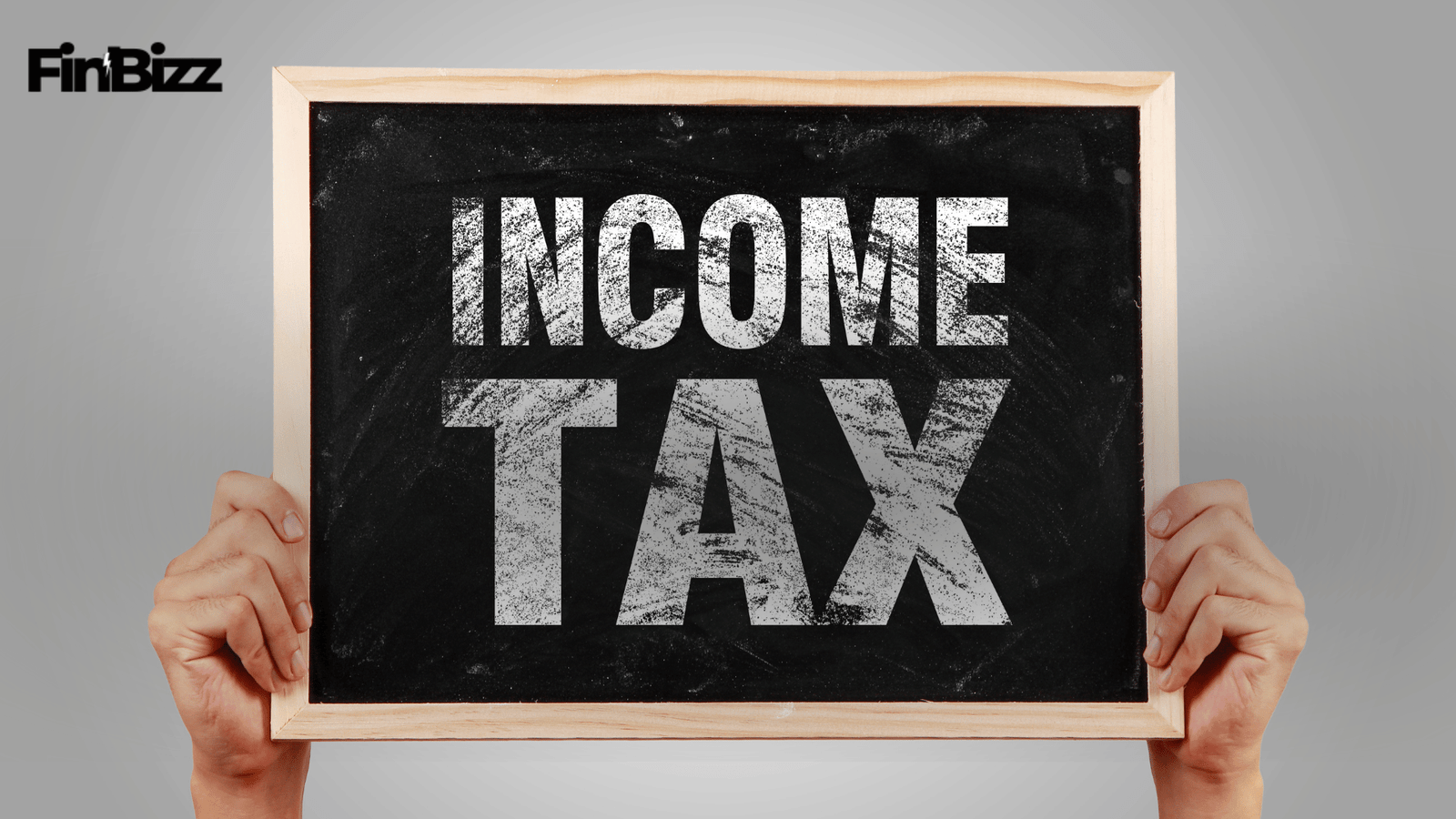The buyback of shares is a process where a company repurchases its own shares from shareholders. While this can be a lucrative opportunity for shareholders to realize gains, it comes with specific tax implications in India. Understanding the income tax treatment of buybacks is essential to ensuring compliance and optimize tax liability. In this comprehensive guide by FinBizz, we will explore how the income tax on buyback of shares works in India and the factors shareholders need to consider.
Introduction
A buyback of shares can be an attractive proposition foshareholders,rs as it offers an exit route and potentially higher returns. However, it is crucial to understand the tax implications of such transactions. In this guide, FinBizz will help you navigate the tax landscape of share buybacks in India.
What is a Buyback of Shares?
A buyback of shares occurs when a company purchases its own shares from existing shareholders. This can be done through a tender offer, open market purchase, or other methods. The primary reasons for buybacks include improving financial ratios, utilizing surplus cash, and enhancing shareholder value.
Tax Treatment Before and After 2019
Before 2019:
Prior to the amendments introduced in the Finance Act 2019, the tax treatment of share buybacks was different:
- Listed Companies: Gains from buybacks by listed companies were subject to capital gains tax in the hands of the shareholders. The holding period determined whether the gains were short-term or long-term.
- Unlisted Companies: Gains from buybacks by unlisted companies were taxed as capital gains in the hands of the shareholders.
After 2019:
The Finance Act 2019 brought significant changes to the tax treatment of buybacks:
- Buyback Tax: Companies are now required to pay a buyback tax at 20% on the distributed income. This tax is in addition to any applicable surcharge and cess.
- Exemption for Shareholders: Post-2019, the gains from buybacks are exempt from tax in the hands of shareholders, as the company pays the buyback tax.
Calculating Gains from Buyback
To calculate gains from a buyback, follow these steps:
- Determine Buyback Price: The price at which the company buys back the shares.
- Calculate Cost of Acquisition: The original purchase price of the shares by the shareholder.
- Compute Gains: Subtract the cost of acquisition from the buyback price to determine the capital gain.
Example:
- Buyback Price: ₹500 per share
- Cost of Acquisition: ₹300 per share
- Capital Gain: ₹500 – ₹300 = ₹200 per share
Tax Rates Applicable to Buyback of Shares
For Companies:
- Buyback Tax: 20% on the distributed income (the difference between the buyback price and the issue price of the shares), plus applicable surcharge and cess.
For Shareholders:
- Exemption: Gains from buybacks are exempt from tax as the company pays the buyback tax.
Filing Income from Buyback in Tax Returns
Since the gains from buybacks are exempt from tax for shareholders, there is no need to report the income from buybacks in your tax returns. The company handles the tax payment directly.
Exemptions and Special Provisions
Buyback Tax Payment:
The buyback tax is paid by the company, not the shareholders. This simplifies the tax compliance for shareholders who participate in the buyback.
Grandfathering Provisions:
For shares acquired before 1, 2001, the fair market value as of 1, 2001, or the actual cost of acquisition, whichever is higher, can be considered for calculating the cost of acquisition.
Example Calculations
Let’s illustrate with an example:
Example 1: Buyback of Listed Company Shares
- Buyback Price: ₹600 per share
- Cost of Acquisition: ₹400 per share
- Number of Shares: 100
- Capital Gain per Share: ₹600 – ₹400 = ₹200
- Total Capital Gain: ₹200 x 100 = ₹20,000
Since the buyback tax is paid by the company, the shareholder is not required to pay tax on the capital gains.
Example 2: Buyback of Unlisted Company Shares
- Buyback Price: ₹800 per share
- Cost of Acquisition: ₹500 per share
- Number of Shares: 50
- Capital Gain per Share: ₹800 – ₹500 = ₹300
- Total Capital Gain: ₹300 x 50 = ₹15,000
Again, the company pays the buyback tax, and the shareholder is exempt from paying tax on the capital gains.
Record-keeping and Compliance
Maintaining accurate records is essential for compliance and to ensure that you can substantiate the cost of acquisition if required:
- Buyback Offer Document: Keep a copy of the buyback offer document provided by the company.
- Transaction Records: Maintain records of the original purchase transactions, including contract notes and brokerage statements.
- Proof of Buyback: Retain proof of the shares tendered and bought back by the company.
Conclusion
The tax implications of buybacks have evolved with the introduction of the buyback tax in 2019, simplifying the tax obligations for shareholders. By understanding the current tax treatment and maintaining accurate records, shareholders can efficiently manage their investments and comply with Indian tax laws. FinBizz is dedicated to helping you navigate the complexities of tax regulations and ensuring your financial success. For personalized advice and comprehensive financial planning, reach out to FinBizz, your trusted partner in financial management.




